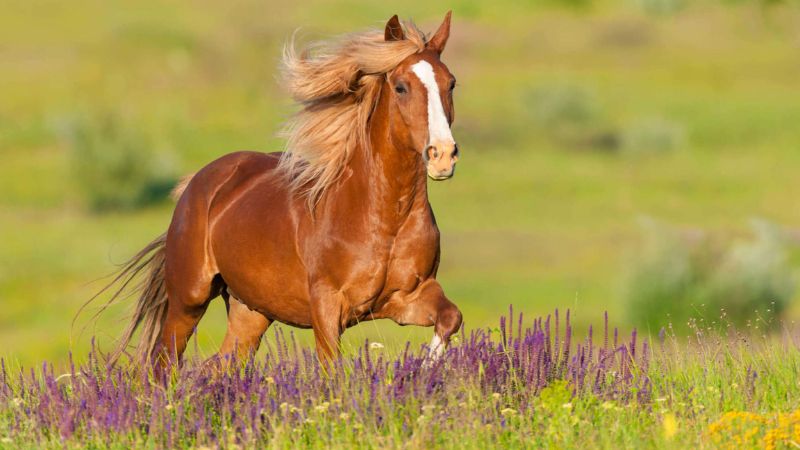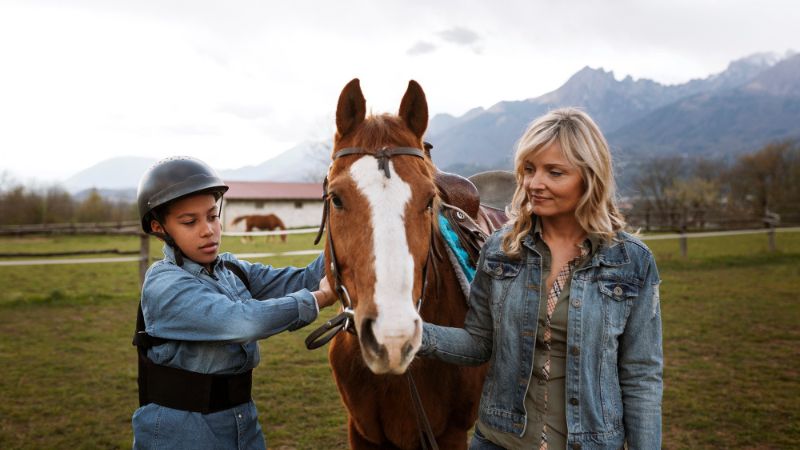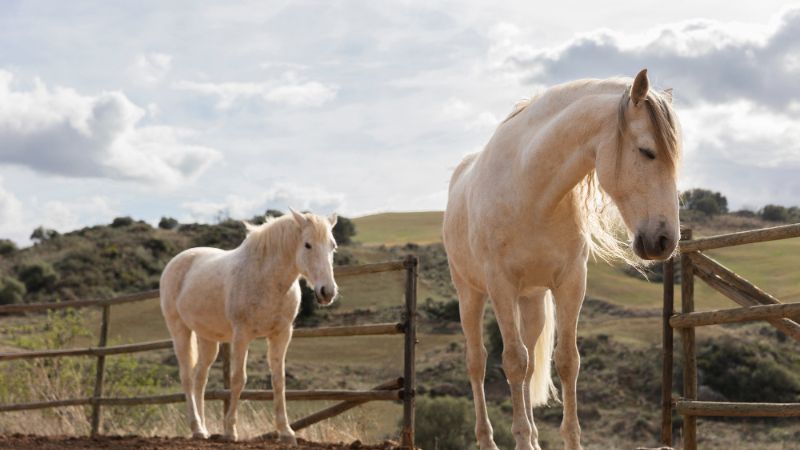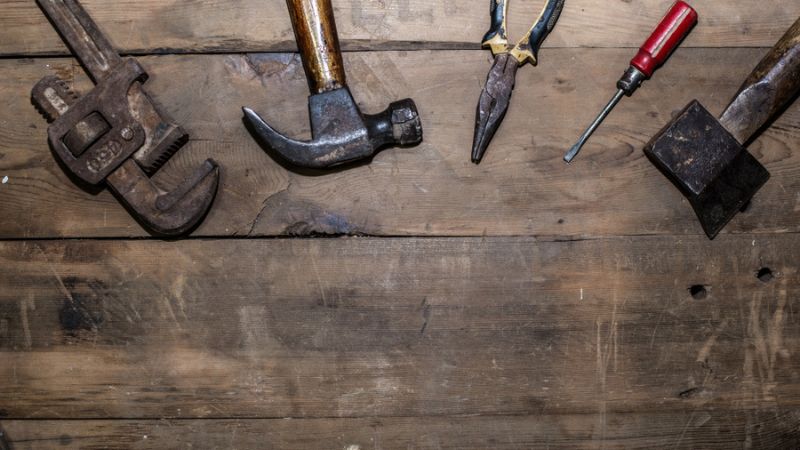In the world of cutting horse competitions, where precision, agility, and stamina are paramount, the role of diet and nutrition cannot be overstated. The impact of a well-balanced diet on the performance of cutting horses is profound, influencing their energy levels, muscle development, endurance, and overall health.
This blog explores the intricate relationship between diet, nutrition, and cutting horse performance, delving into the importance of essential nutrients such as proteins, carbohydrates, fats, vitamins, and minerals. From fueling intense cutting maneuvers to supporting muscle recovery and immune function, understanding the nutritional needs of cutting horses is essential for optimizing their performance in training and competition. Join us as we delve into the science behind equine nutrition and uncover the strategies for enhancing cutting horse performance through dietary interventions.
The Impact Of Diet On Cutting Horse Performance
Importance of Balanced Nutrition
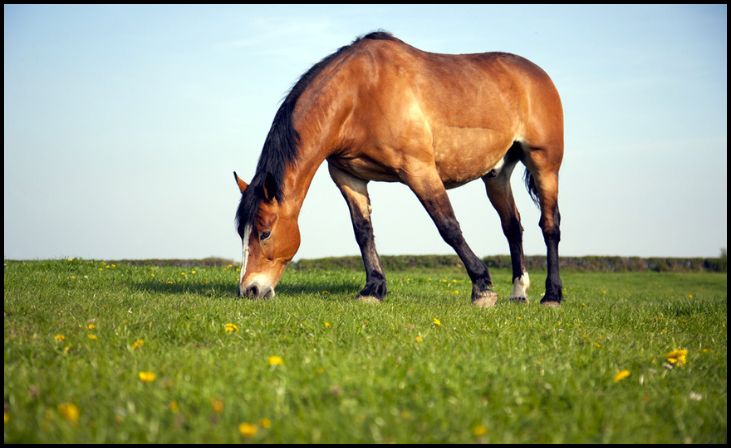
Balanced nutrition is paramount for cutting horse performance as it directly influences their energy levels, muscle development, and overall health. Cutting horses require a well-rounded diet that provides adequate amounts of proteins, carbohydrates, fats, vitamins, and minerals. This balanced nutrition ensures that the horse’s body receives the essential nutrients necessary for optimal functioning.
Factors such as age, weight, activity level, and individual metabolism should be taken into account when formulating a diet plan for cutting horses. By providing the right balance of nutrients, horse owners and handlers can support the horse’s physical demands, promote muscle growth, and maintain overall well-being, ultimately enhancing their performance in cutting competitions and training sessions.
Protein for Muscle Development
Proteins are the building blocks of muscle tissue and are vital for muscle development and repair in cutting horses. High-quality protein sources such as legumes, soybean meal, and alfalfa hay provide essential amino acids necessary for rebuilding and maintaining muscle mass.
A diet rich in protein supports the horse’s strength, agility, and endurance, allowing them to perform cutting maneuvers effectively. Including adequate protein in the horse’s diet ensures that they have the necessary resources to recover from strenuous exercise and build lean muscle, contributing to their overall performance and athleticism.
Also Read – How To Teach a Cutting Horse To Work Cattle
Carbohydrates for Energy
Carbohydrates serve as the primary source of energy for cutting horses, providing the fuel needed for intense physical activities. Complex carbohydrates found in grains like oats, barley, and corn offer a sustained release of energy, supporting horses during prolonged cutting sessions. These carbohydrates are quickly converted into glucose, which fuels muscle contractions and allows horses to maintain their performance levels.
Including sufficient carbohydrates in the diet ensures that cutting horses have the energy reserves necessary to execute sharp maneuvers and perform at their best during training and competition.
Fats for Endurance and Stamina
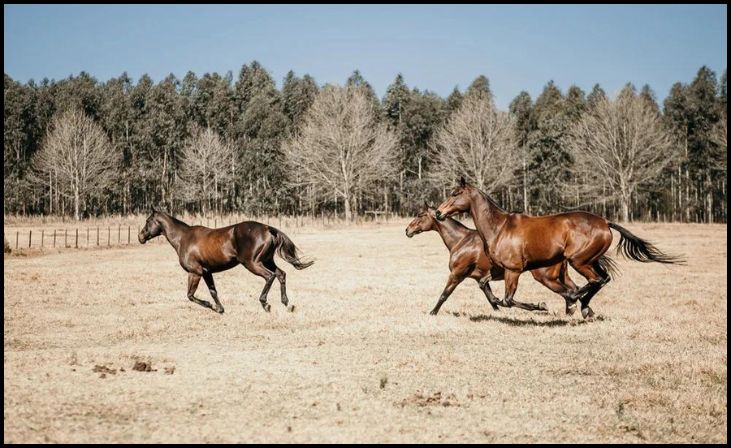
Fats are an essential component of a cutting horse’s diet, providing a concentrated source of energy that supports endurance and stamina. Supplementing the diet with healthy fats such as vegetable oils or flaxseed helps boost energy metabolism and enhances the horse’s ability to sustain prolonged periods of exertion.
Unlike carbohydrates, fats provide a longer-lasting source of energy, making them particularly beneficial for cutting horses engaged in lengthy cutting maneuvers or competitions. Including fats in the diet helps ensure that cutting horses have the energy reserves needed to perform at their peak and recover efficiently after intense exercise.
Vitamins and Minerals for Health and Immunity
Vitamins and minerals are critical for maintaining overall health and supporting immune function in cutting horses. These micronutrients play key roles in various physiological processes, including bone health, muscle function, and cell metabolism. Essential vitamins such as vitamin E and vitamin C act as antioxidants, protecting cells from oxidative damage and supporting the horse’s immune system.
Minerals such as calcium, phosphorus, and magnesium are essential for bone strength, muscle contraction, and nerve transmission. Ensuring adequate intake of vitamins and minerals through a balanced diet or supplementation helps support cutting horse health, immunity, and overall performance.
Hydration for Performance and Recovery
Proper hydration is essential for cutting horse performance and recovery, as it affects overall physical and cognitive function. Dehydration can lead to fatigue, muscle cramps, and decreased performance, making it crucial for horses to maintain adequate hydration levels during training and competition.
Providing access to clean, fresh water at all times encourages horses to drink regularly and prevents dehydration. Additionally, electrolyte supplements can help replace lost fluids and minerals during intense exercise or in hot weather conditions, supporting hydration and optimizing performance in cutting horses.
Proper Feeding Management
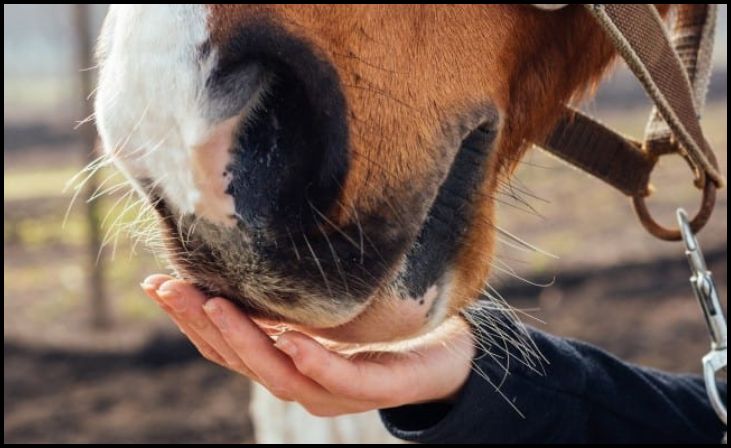
Proper feeding management is essential for optimizing cutting horse performance and ensuring overall well-being. Feeding frequent, small meals throughout the day helps maintain stable blood sugar levels and provides a steady source of energy for horses engaged in cutting activities. It mimics the horse’s natural grazing behavior and promotes healthy digestion and nutrient absorption.
Monitoring the horse’s body condition score and adjusting feeding regimens accordingly ensures that they receive the right balance of calories and nutrients to support their performance and maintain an ideal body condition. By implementing proper feeding management practices, horse owners and handlers can support cutting horse health and performance, ultimately enhancing their success in training and competition.
Conclusion
In conclusion, diet and nutrition play a critical role in shaping the performance and overall health of cutting horses. A well-balanced diet tailored to meet the specific needs of cutting horses provides the energy, nutrients, and hydration necessary for optimal performance, endurance, and recovery. By prioritizing proper nutrition and feeding management, owners and trainers can help their cutting horses reach their full potential in the arena while maintaining their long-term health and well-being.
FAQs
Why is diet and nutrition important for cutting horse performance?
A balanced diet and proper nutrition are essential for cutting horse performance as they provide the necessary energy, nutrients, and building blocks for muscle development, endurance, and overall health.
What are the key nutrients cutting horses need in their diet?
Cutting horses require a diet rich in proteins for muscle development, carbohydrates for energy, fats for endurance, and vitamins and minerals for overall health and immunity.

